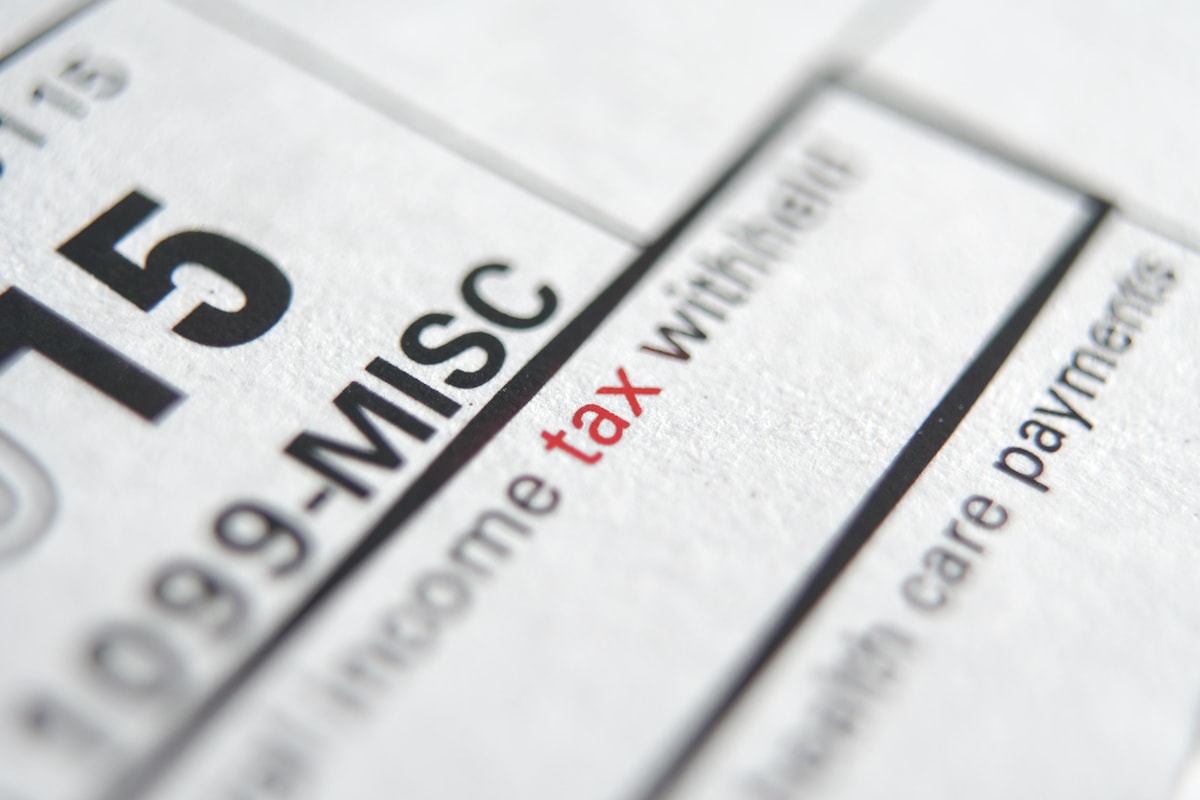What entities must file a 1099-NEC or 1099-misc
Trades, businesses or business-like entities must report payments that they make to non-employees using Form 1099-MISC or Form 1099-NEC
You do not have to report personal payments.
The IRS considers that you are engaged in a trade or business if you either operate for gain or profit or formally run a non-profit organization.
Business-like entities include trusts of qualified pension or profit-sharing plans of employers, certain organizations exempt from tax under section 501(c) or 501(d), farmers’ cooperatives that are exempt from tax under section 521, and widely held fixed investment trusts.
Federal, state, and local government agencies must also report payments.
The exception: when you don’t need to file the 1099-misc or 1099-NEC
Some payments do not have to be reported on Form 1099-MISC or Form 1099-NEC, although they may be taxable to the recipient. Payments you do not have to report include payments to corporations and limited liability companies (LLC’s) that are treated as C or S corporations. Form 1099-NEC,
Your business must file a 1099 NEC when:
File a Form 1099-NEC for each person to whom you have paid at least $600 during the year for:
- Services performed by someone who is not your employee (including parts and materials),
- Cash payments for fish (or other aquatic life) you purchase from anyone engaged in the trade or business of catching fish, or
- Payments to an attorney regardless of entity. (More below).
- Withholding. You must also file Form 1099-NEC for each person from whom you have withheld any federal income tax under the backup withholding rules regardless of the amount of the payment.
1099-NEC reporting filing due date.
Form 1099-NEC is due to the IRS and the payee by January 31 of the following year (so due in January 2021 for payments in 2020).
Your business must file a 1099-MISC when
File Form 1099-MISC, Miscellaneous Income, for each person to whom you have paid during the year:
At least $10 in royalties or broker payments in lieu of dividends or tax-exempt interest,
At least $600 in:
- Rents
- Prizes and awards,
- Other income payments,
- Medical and health care payments,
- Crop insurance proceeds,
- Generally, the cash paid from a notional principal contract to an individual, partnership, or estate,
- Payments to an attorney. See Payments to Attorneys
- Any fishing boat proceeds,
- Section 409A deferrals, or
- Nonqualified deferred compensation.
Also, use Form 1099-MISC to report that you made direct sales of at least $5,000 of consumer products to a buyer for resale anywhere other than a permanent retail establishment.
1099-MISC reporting filing due date
The due date for issuing statements to payees is January 31. You can take longer to submit the paperwork to the IRS, form 1099-MISC is due to the IRS by February 28 of the following year if filing by paper, or March 31 if filing electronically.
Payments to Attorneys
The exemption from reporting payments made to corporations does not apply to payments for legal services.
Therefore, you must report attorneys’ fees (in box 1, Form 1099- NEC) or gross proceeds (in box 10, Form 1099-NEC) as described earlier to corporations that provide legal services.
The term “attorney” includes a law firm or other provider of legal services.
You must report all attorneys’ fees of $600 or more paid in the course of your trade or business in box 1 of Form 1099-NEC
Also, report any gross proceeds paid to attorneys. These are amounts that are NOT attorney’s fees. You report this in box 10 of Form 1099-MISC.
- These include payments
- made to an attorney in the course of your trade or business connected with legal services that are NOT attorney’s fees, for example, as in a settlement agreement,
- total $600 or more, and
- you have not reported in box 1, Form 1099-NEC.
Penalties
If you fail to file correct information returns and/or fail to furnish accurate payee statements by the due date and you cannot show reasonable cause, you may be subject to a penalty.
The penalty for late filing or furnishing within 30 days of the due date is $50 per return, with a maximum penalty of $565,000. Taxpayers who show intentional disregard of the filing requirements can be assessed a penalty of $560 per return, with no maximum amount of penalties.
A penalty for failure to file a correct information return is separate from the penalty for failure to furnish the accurate payee statement. For example, if you fail to file a proper Form 1099-MISC with the IRS and don’t provide a correct Form 1099-MISC statement to the payee, you may be subject to two separate penalties.
How we can help
We can take care of all of your financial back office including filing your 1099’s. Our CFO services are designed to help you turn accounting and financial hassle into usable information to plan for the future.
If you are a client and would like to book a consultation, just click here.
If you aren’t a client, why not? We can take care of your accounting, bookkeeping, and CFO needs turning your accounting from an annoyance into an asset. Interested? Click here for a no-obligation consultation.
Frequently Asked Questions





